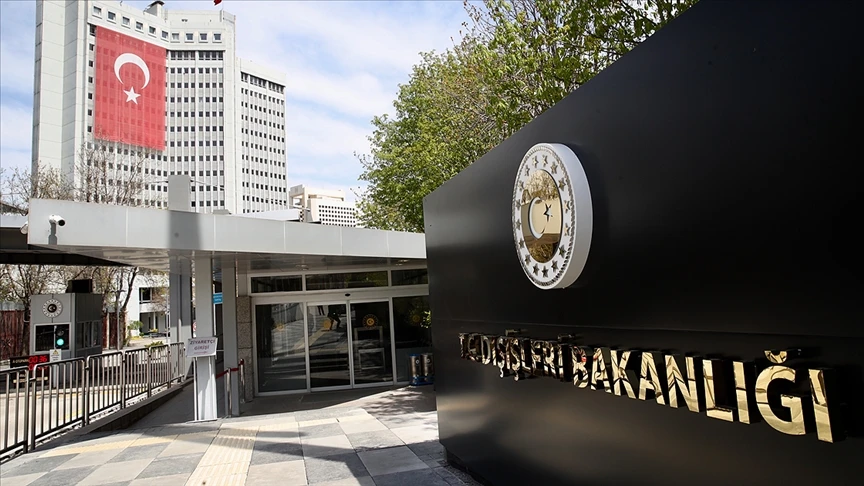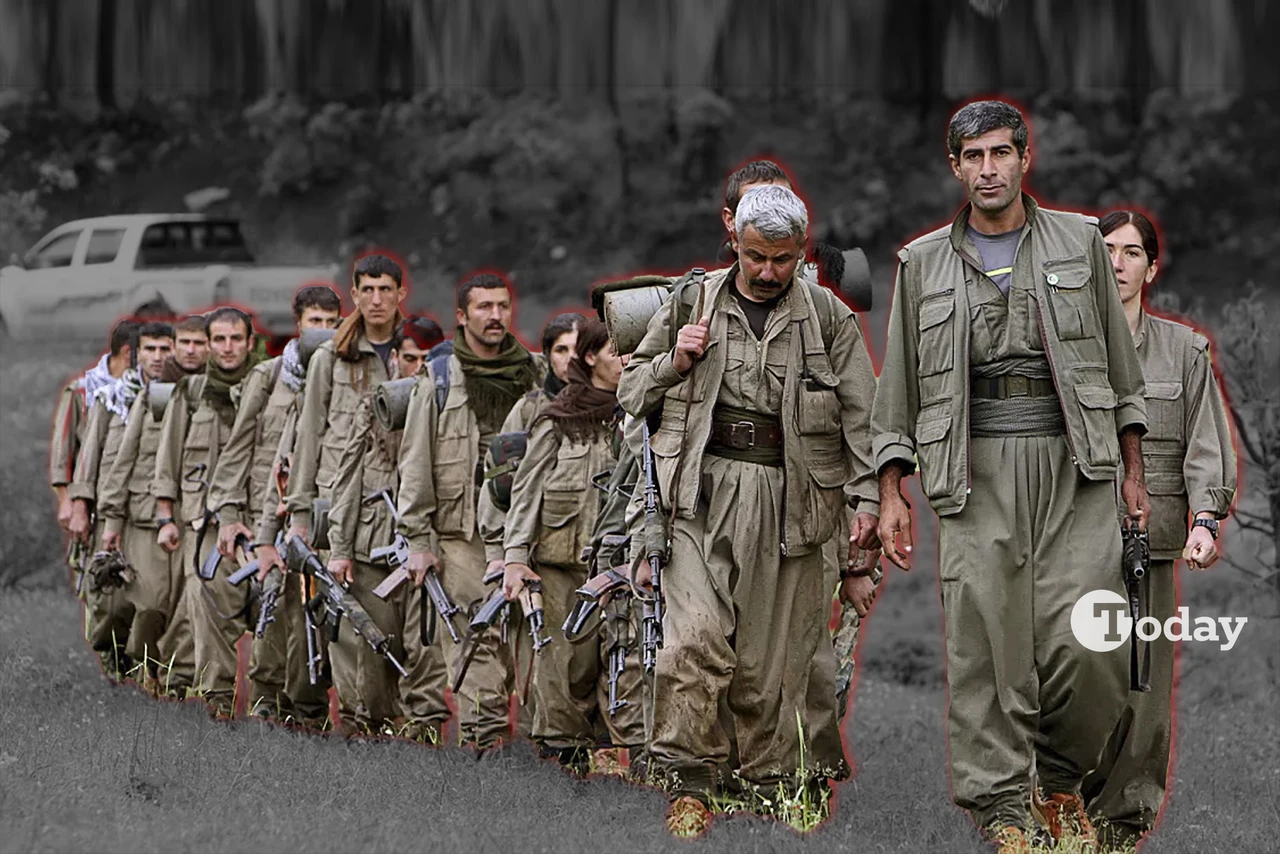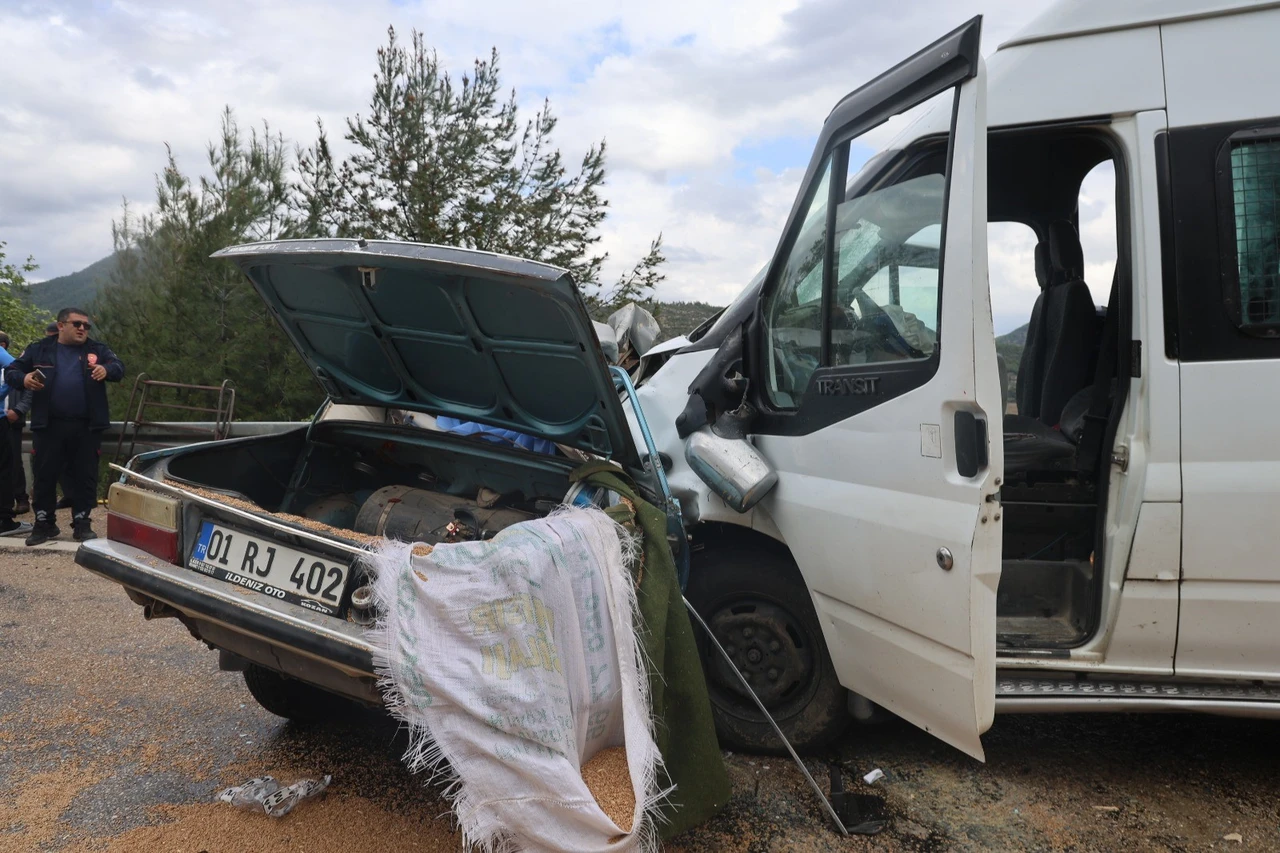Turkish astronaut Gezeravci conducts more space experiments
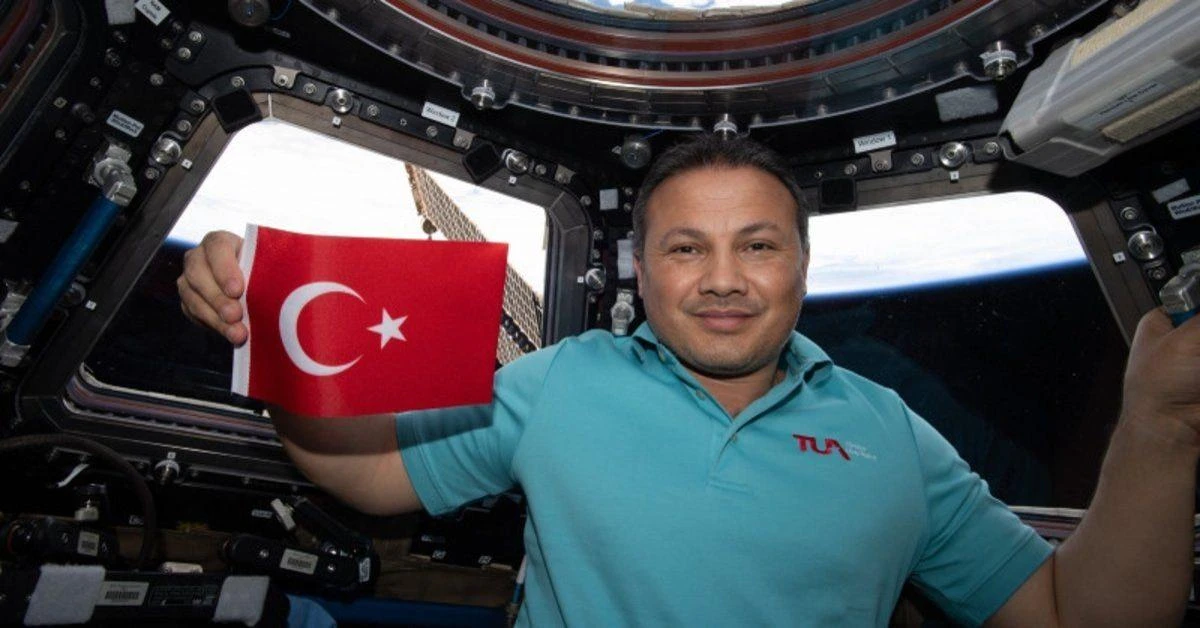
Alper Gezeravci has executed six experiments since arriving at the International Space Station
Alper Gezeravci, the first Turkish astronaut, has conducted his seventh experiment, named “gMetal,” aboard the International Space Station (ISS).
This project, overseen by Professor Iskender Gokalp of the Scientific and Technological Research Council of Türkiye (TUBITAK) and Deputy Industry and Technology Minister Ahmet Yozgatligil, focuses on studying the impact of gravity on achieving a uniform mixture between solid particles and a fluid medium under chemically non-reactive conditions.
The aim is to enhance the efficiency of spacecraft propulsion systems.
Gezeravci, who has already executed six experiments since arriving at the ISS, leads the ‘Extremophytes’ project.
This initiative explores the physiological and molecular responses of the halophyte plant, Schrenkiella Parvula, native to Tuz Lake, to the space environment.
The ultimate goal is to develop new plants capable of providing essential nutrients for the anticipated future space population and to support environmental controls in enclosed living spaces.
LIFE SUPPORT SYSTEM
Advancements in life support systems are underway, marked by the initiation of the ‘Crispr-gem’ and ‘Expert’ experiments, which aim to assess the viability of various microalgae species in space life support systems.
Gezeravci will play a crucial role in the ‘Agalspace’ project, which delves into the utilization of algae in space environments for tasks such as oxygen regeneration from carbon dioxide, supplementary food production, water purification, sustaining life support systems and monitoring essential reactions to space living through changes originating from the ‘vocal cord.’
Moreover, the project seeks to identify potential disorders induced by low gravity using sound frequencies.
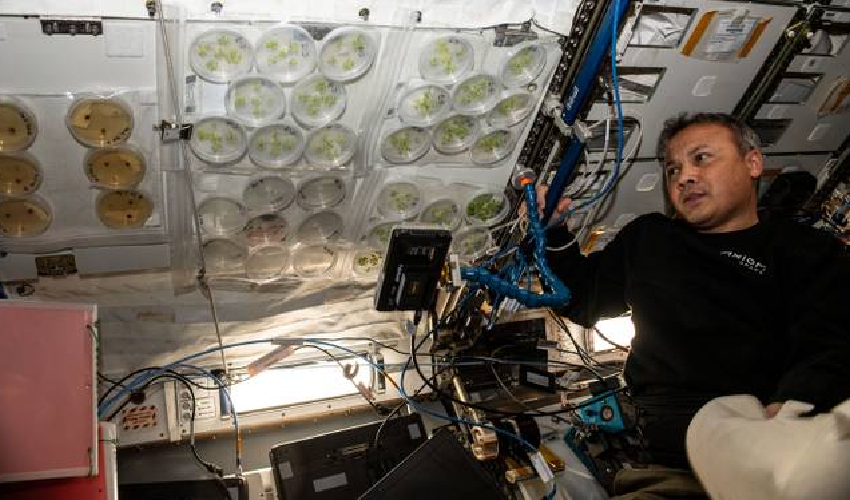
Apart from the ongoing ‘Vokalkord’ experiments, Gezeravci is actively involved in the ‘Oxygen Saturation’ experiment.
This initiative aims to discern variations and discomforts induced by low gravity by utilizing artificial intelligence to calculate the oxygen levels in the air.
Source: Newsroom & AA
